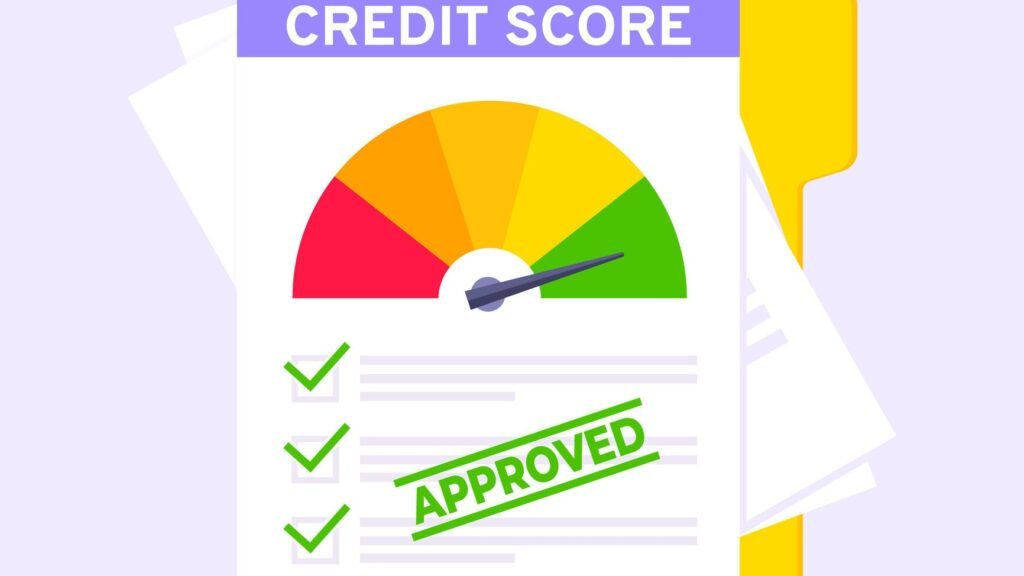
Understanding Your Rights as a Consumer
Consumers play a crucial role in the marketplace, and it is imperative that they are aware of their rights. Whether purchasing goods or services, understanding your rights as a consumer can help safeguard your interests. One fundamental right is the right to be informed. It means that as a consumer, you have the right to receive accurate and truthful information about the products or services you intend to purchase. This includes clear and transparent details about pricing, warranties, and any potential risks or hazards associated with the product or service. By being informed, you can make well-informed decisions and protect yourself from scams or deceptive practices.
Another essential right as a consumer is the right to choose. This means that you have the freedom to select from a range of options based on your preferences and needs. In a competitive marketplace, the right to choose empowers consumers to seek the best quality, pricing, and value for their money. This right also ensures that consumers are not forced into unfair or monopolistic practices, but rather have the ability to make decisions that align with their individual requirements. Understanding and exercising this right can have a significant impact on your overall satisfaction as a consumer.
Safeguarding Your Personal Information and Privacy
As technology continues to evolve, so does the need to safeguard our personal information and protect our privacy. In today’s digital age, it is crucial to be vigilant in ensuring that our sensitive data doesn’t fall into the wrong hands. One key aspect of safeguarding our personal information is to be cautious about the websites we visit and the online platforms we engage with.
When interacting online, it is essential to only share personal information on secure websites that have a trusted reputation. Look for the lock icon in the address bar and make sure the website has a secure connection (https://) before inputting any sensitive details. Additionally, be wary of suspicious emails or messages that ask for personal information, as these are often phishing attempts designed to steal our data. By applying these simple precautions, we can take proactive steps to safeguard our personal information and protect our privacy in an increasingly interconnected world.
Navigating the Complexities of Product Warranties
When purchasing a product, it is vital for consumers to understand the terms and conditions of the warranty that accompanies it. A product warranty is an agreement between the consumer and the manufacturer or seller, outlining the specific rights and remedies pertaining to any defects or malfunctions that may arise after the purchase. However, navigating the complexities of product warranties can often be confusing and overwhelming for consumers.
One of the key aspects to consider when dealing with product warranties is the duration of coverage. Most warranties provide coverage for a specific period, typically ranging from a few months to several years. It is important to carefully review the warranty document to determine the length of coverage for different components or parts of the product. Additionally, it is crucial to understand any conditions or limitations that may void the warranty, such as unauthorized repairs or neglectful use of the product. By being aware of the terms and conditions, consumers can ensure they are well-informed of their rights and responsibilities when it comes to product warranties.
Identifying and Avoiding Fraudulent Schemes
In today’s digital age, fraudulent schemes have become increasingly sophisticated, posing significant risks to consumers. It is essential to stay vigilant and informed to protect yourself from falling victim to these schemes. One common fraudulent scheme is phishing, where scammers attempt to obtain personal and financial information by posing as a legitimate entity such as a bank or email provider. They often send deceptive emails or create fake websites designed to trick unsuspecting individuals into revealing confidential information. To avoid falling prey to phishing scams, always be cautious when clicking on links in emails and ensure that the website you are providing your information to is secure and trustworthy.
Another prevalent fraudulent scheme is identity theft, which can cause immense financial and emotional distress to victims. Fraudsters may gain access to your personal information through various means, such as hacking databases or stealing physical documents. To protect yourself from identity theft, it is crucial to regularly monitor your financial statements and credit reports for any suspicious activity. Additionally, safeguard your personal information by shredding sensitive documents before discarding them and using strong, unique passwords for your online accounts. By adopting these preventive measures, you can significantly reduce the risk of becoming a victim of fraudulent schemes.
Ensuring Fair and Transparent Pricing
One of the most important aspects of being a smart consumer is ensuring fair and transparent pricing. When purchasing goods or services, it is crucial to understand the factors that contribute to the final price and to ensure that you are not being overcharged or taken advantage of. This can be achieved by conducting thorough research, comparing prices from different providers, and being aware of any additional fees or charges that may apply.
It is also essential to be aware of pricing tactics that may deceive or mislead consumers. Some businesses may use strategies such as hidden costs, misleading advertising, or pricing that is unfairly inflated. To protect yourself, always read the fine print and ask questions if something seems unclear or unreasonable. By being vigilant and informed, you can ensure that you are getting the best value for your money and that you are not being overcharged or subjected to unfair pricing practices.
Resolving Disputes with Service Providers
When it comes to resolving disputes with service providers, it’s important to approach the situation with a calm and professional demeanor. Remember that being assertive, yet respectful, is key to achieving a fair resolution. Start by gathering all relevant documentation and records related to the service in question. This may include contracts, receipts, or any correspondence you’ve had with the provider. Having these materials on hand will help you present your case clearly and provide supporting evidence for any claims or issues you raise.
Next, contact the service provider directly to discuss your concerns. Begin the conversation by explaining the problem you’re facing and clearly stating what you expect as a resolution. Remain open to their perspective and listen to their proposed solutions. If the initial contact doesn’t lead to a satisfactory outcome, consider escalating the matter to a supervisor or manager within the company. It’s important to maintain a professional and respectful tone throughout your interactions, even if you feel frustrated or dissatisfied with the response you receive.


